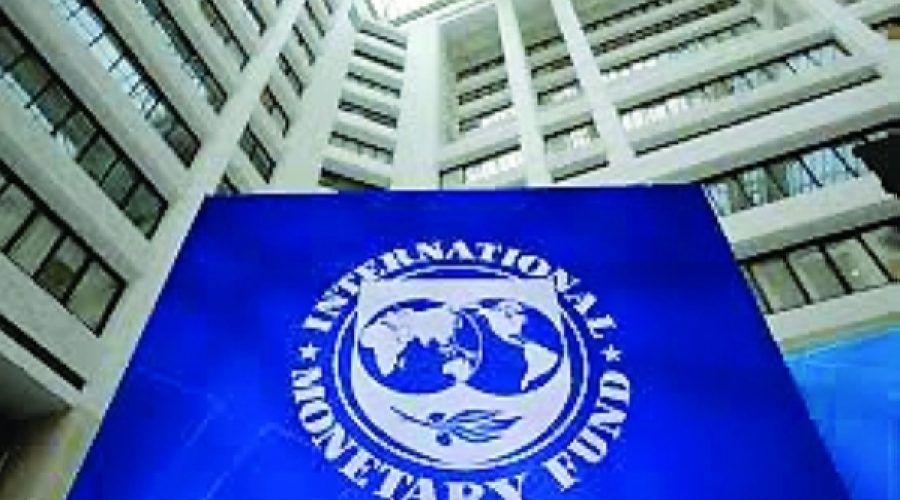صندوق النقد الدولي يخفض توقعات النمو الاقتصادي في أنغولا: ما يحتاج المستثمرون وأصحاب الأعمال إلى معرفته حول مخاطر الديون المتزايدة
لواندا/نيويورك - خفّض صندوق النقد الدولي توقعاته للنمو الاقتصادي لأنغولا لعام 2025 إلى 2.11 تريليون دولار أمريكي (TP3T) من 2.41 تريليون دولار أمريكي (TP3T) سابقًا، مُشيرًا إلى ضعف صادرات النفط كعامل رئيسي. كما حذّر الصندوق من تزايد المخاطر في إدارة ديون أنغولا.
وأكد الصندوق على ضرورة أنغولا الحد من الاقتراض، وخفض الإنفاق العام، واعتماد قدر أكبر من المرونة في سياسة الصرف الأجنبي لتحقيق استقرار الاقتصاد. يأتي هذا التعديل عقب تخفيض سابق لتوقعات النمو من 3% إلى 2.4% بعد بعثة التقييم التي قام بها صندوق النقد الدولي إلى لواندا في مايو/أيار.
وذكر صندوق النقد الدولي أن "أنجولا تأثرت بتقلبات أسعار النفط والفوارق السيادية، حيث أدى نقص الإنتاج في النصف الأول من عام 2025 إلى تكثيف هذه الصدمات".
في حين أن قدرة أنغولا على سداد ديونها لا تزال "كافية"، حذّر صندوق النقد الدولي من الإفراط في الاقتراض المحلي والاعتماد على الديون الخارجية قصيرة الأجل باهظة التكلفة. وأشار إلى أن الاقتراض المحلي الكبير يُخاطر بزيادة تعرض البنوك للمخاطر السيادية، وأن الديون الخارجية قصيرة الأجل قد ترفع تكاليف الخدمة، وتُقوّض ثقة المستثمرين، وتُقيّد الوصول إلى تمويل سوقي مُلائم.
وفي وقت سابق من هذا العام، اضطرت أنجولا إلى تقديم $200 مليون إضافية كضمانات لبنك جي بي مورجان بعد أن انخفضت قيمة السند الذي يضمن قرضاً، على الرغم من استرداد الأموال بمجرد ارتفاع قيمة السند.
وسلط صندوق النقد الدولي الضوء على المزيد من التحديات التي تواجه أنجولا، بما في ذلك الانخفاض المحتمل في أسعار النفط الخام، وتشديد ظروف التمويل الخارجي، وضرورة خفض القروض المدعومة بالنفط من الصين لتخفيف الضغوط المالية.
كدولة مُصدّرة للنفط، تأثرت أنغولا بتقلبات السوق العالمية واضطرابات التجارة، مثل الرسوم الجمركية الأمريكية المفروضة في وقت سابق من هذا العام. وقد أكد صندوق النقد الدولي أن إن الإدارة المالية الحذرة والإصلاحات الهيكلية ضرورية لدعم النمو الاقتصادي والحفاظ على ثقة المستثمرين. — رويترز
تحليل خاص من عمانت | تصفح سوق عُمان
إن خفض توقعات النمو في أنجولا وارتفاع مخاطر الديون يسلط الضوء على ضعف الاقتصادات المعتمدة على النفط في مواجهة تقلبات الأسعار العالمية واختلال التوازن الماليبالنسبة للشركات في عُمان، يشير هذا إلى أهمية تنويع الاستثمارات خارج نطاق النفط وتعزيز المرونة الماليةينبغي للمستثمرين الأذكياء مراقبة الإصلاحات المالية واستراتيجيات إدارة الديون في الأسواق المماثلة عن كثب لتوقع التأثيرات المحتملة على الاستقرار الاقتصادي الإقليمي وفرص الاستثمار.



